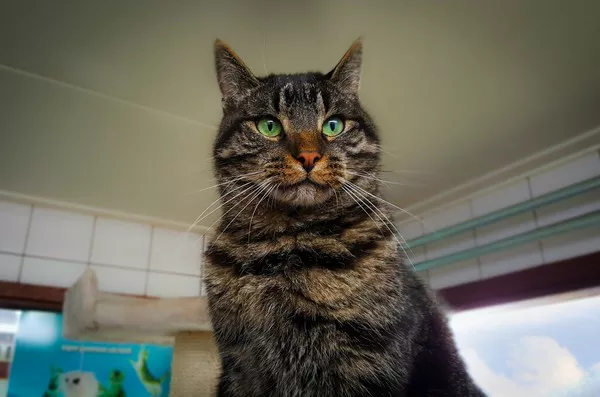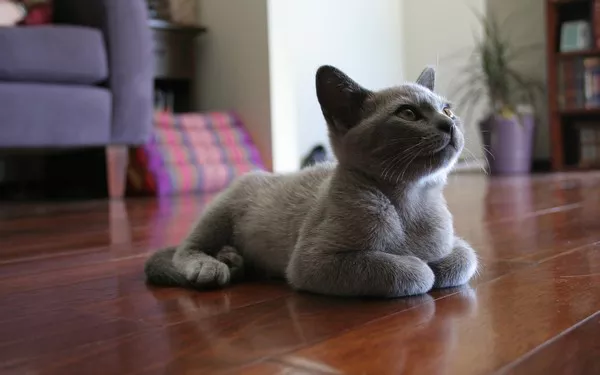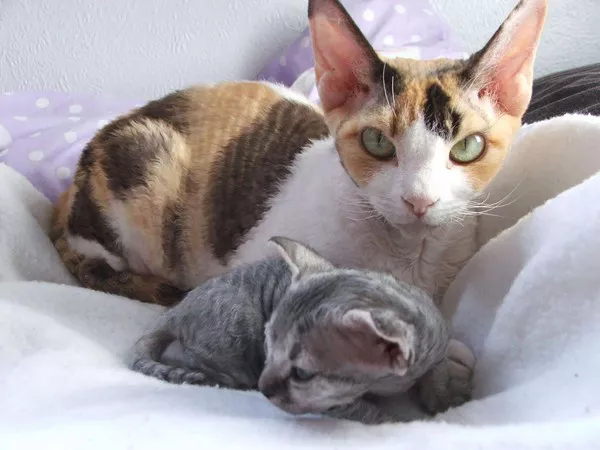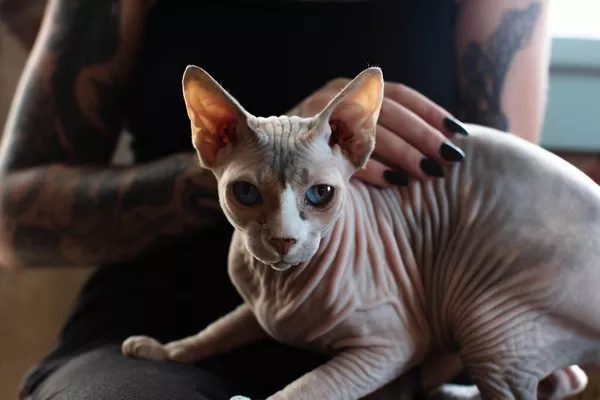As beloved members of our families, cats bring joy, companionship, and warmth into our lives. Just like humans, cats age, and as they do, their care needs change. Understanding what constitutes a senior cat is essential for providing them with the proper care and attention they require in their golden years. In this comprehensive guide, we’ll delve into the definition of a senior cat, the signs of aging to watch for, and the best practices for ensuring their health and well-being.
Defining Seniority in Cats: When Does a Cat Become a Senior?
Unlike dogs, where the classification of “senior” varies based on size and breed, determining when a cat transitions into their senior years is less straightforward. Generally, cats are considered to be seniors when they reach around 7 to 10 years of age. However, this can vary depending on factors such as breed, genetics, and overall health.
Signs of Aging in Cats: What to Look For
Recognizing the signs of aging in cats is crucial for providing them with appropriate care and addressing any potential health issues that may arise. While every cat ages differently, some common signs of aging to watch for include:
1. Changes in Behavior: Senior cats may become less active and playful as they age. They may also experience changes in sleep patterns and appetite.
2. Mobility Issues: Arthritis and joint stiffness are common in older cats, leading to decreased mobility and difficulty jumping or climbing stairs.
3. Weight Changes: Senior cats may experience changes in weight, either gaining or losing pounds. Monitoring their weight and adjusting their diet accordingly is essential for maintaining their overall health.
4. Dental Problems: Dental issues such as gum disease and tooth decay become more prevalent in older cats. Regular dental care, including professional cleanings and at-home dental hygiene, is essential for preventing dental problems.
5. Vision and Hearing Loss: Senior cats may experience diminished vision and hearing as they age. Providing them with a safe and comfortable environment is crucial for their well-being.
Senior Cat Care: Tips for Maintaining Their Health
Caring for a senior cat requires attention to their unique needs and challenges. Here are some essential tips for ensuring the health and happiness of your senior feline companion:
1. Regular Veterinary Check-ups: Schedule regular veterinary check-ups for your senior cat to monitor their overall health and address any emerging issues promptly.
2. Balanced Nutrition: Provide your senior cat with a balanced and nutritious diet tailored to their age, health status, and dietary preferences. Consider switching to a senior cat food formula that addresses their specific nutritional needs.
3. Dental Care: Practice regular dental care to prevent dental problems and maintain your senior cat’s oral health. This includes brushing their teeth regularly and providing dental treats or toys for chewing.
4. Environmental Enrichment: Keep your senior cat mentally stimulated and engaged by providing them with plenty of enrichment activities, such as puzzle toys, scratching posts, and interactive play sessions.
5. Comfortable Living Environment: Ensure that your senior cat has a comfortable and safe living environment, with easy access to food, water, litter boxes, and cozy resting spots.
6. Gentle Exercise: Encourage gentle exercise to help your senior cat maintain their mobility and muscle tone. This can include short play sessions, gentle stretching exercises, and low-impact activities such as walking or climbing.
Addressing Age-Related Health Issues
As cats age, they become more susceptible to certain health issues and medical conditions. Some common age-related health issues in senior cats include:
1. Kidney Disease: Chronic kidney disease is common in older cats and can lead to symptoms such as increased thirst and urination, weight loss, and lethargy.
2. Hyperthyroidism: Hyperthyroidism, a condition characterized by an overactive thyroid gland, is prevalent in senior cats and can cause symptoms such as weight loss, increased appetite, and hyperactivity.
3. Diabetes: Diabetes mellitus can occur in senior cats and requires careful management through diet, medication, and monitoring of blood glucose levels.
4. Cancer: Senior cats are at increased risk of developing cancer, including lymphoma, mammary cancer, and squamous cell carcinoma. Early detection and treatment are crucial for managing cancer in cats.
5. Cognitive Decline: Cognitive dysfunction syndrome, similar to dementia in humans, can affect senior cats and may manifest as disorientation, confusion, and changes in behavior.
Conclusion: Embracing the Golden Years of Your Senior Cat
In conclusion, understanding what constitutes a senior cat and recognizing the signs of aging are essential for providing them with the care and attention they need to thrive in their golden years. By following the tips outlined in this guide and staying vigilant for any signs of age-related health issues, you can ensure that your senior cat enjoys a happy, healthy, and fulfilling life for years to come. Remember to cherish every moment with your senior feline companion and celebrate the special bond you share.

























